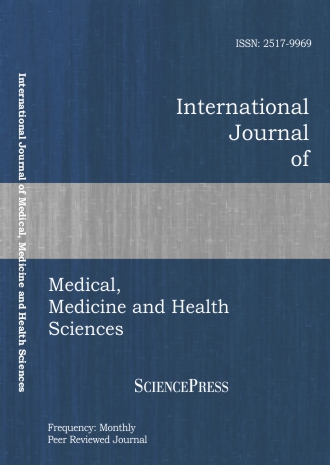
Scholarly
Volume:4, Issue: 9, 2010 Page No: 441 - 446
International Journal of Medical, Medicine and Health Sciences
ISSN: 2517-9969
1374 Downloads
Influence of Radio Frequency Identification Technology in Logistic, Inventory Control and Supply Chain Optimization
The main aim of Supply Chain Management (SCM) is to produce, distribute, logistics and deliver goods and equipment in right location, right time, right amount to satisfy costumers, with minimum time and cost waste. So implementing techniques that reduce project time and cost, and improve productivity and performance is very important. Emerging technologies such as the Radio Frequency Identification (RFID) are now making it possible to automate supply chains in a real time manner and making them more efficient than the simple supply chain of the past for tracing and monitoring goods and products and capturing data on movements of goods and other events. This paper considers concepts, components and RFID technology characteristics by concentration of warehouse and inventories management. Additionally, utilization of RFID in the role of improving information management in supply chain is discussed. Finally, the facts of installation and this technology-s results in direction with warehouse and inventory management and business development will be presented.
References:
[1] BitKom., "RFID White Paper, Technology, Systems and